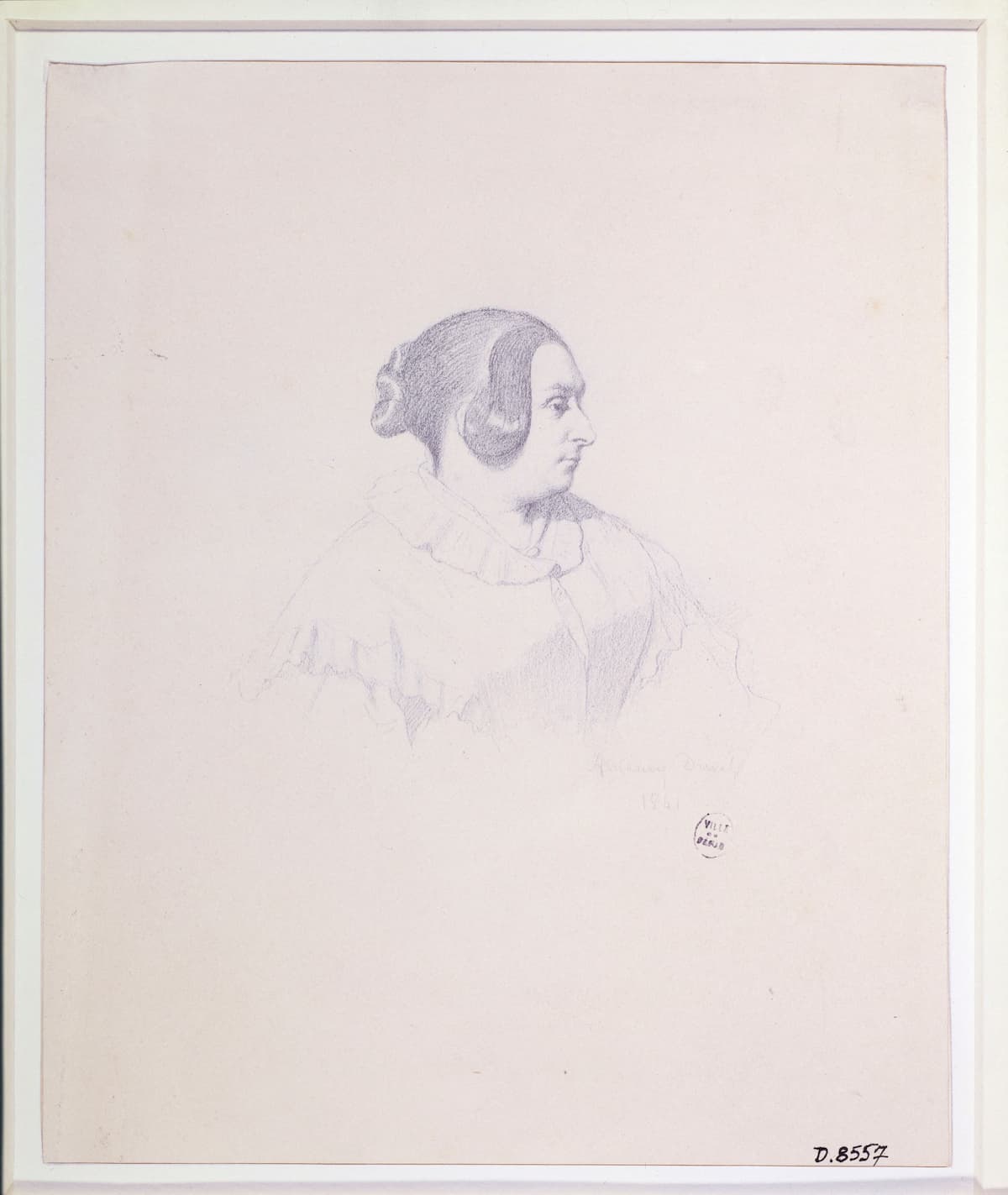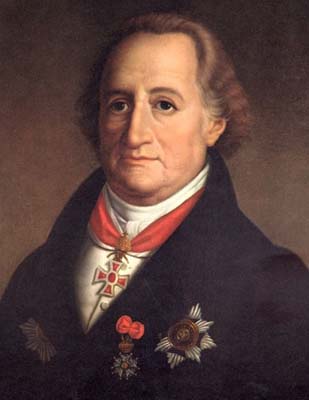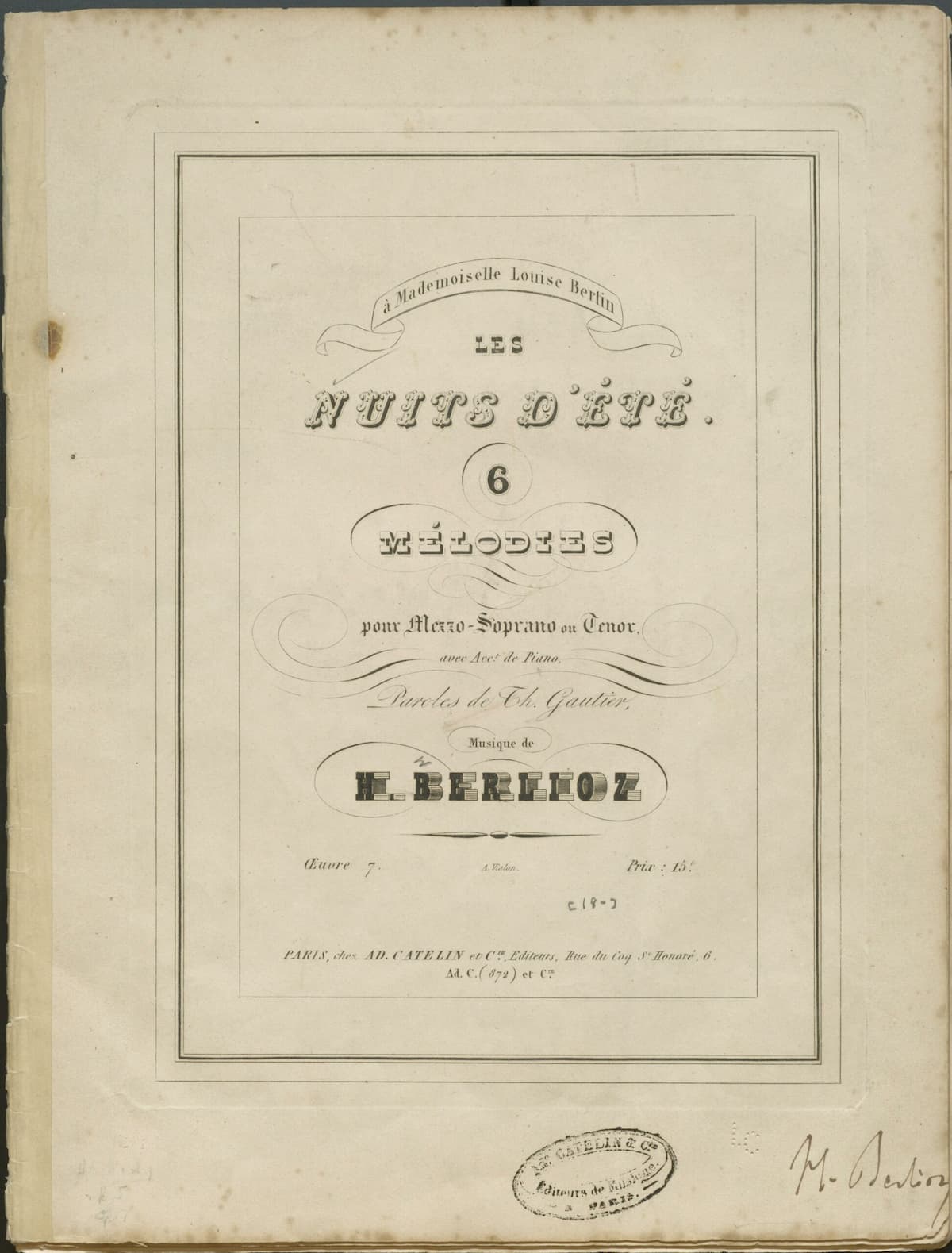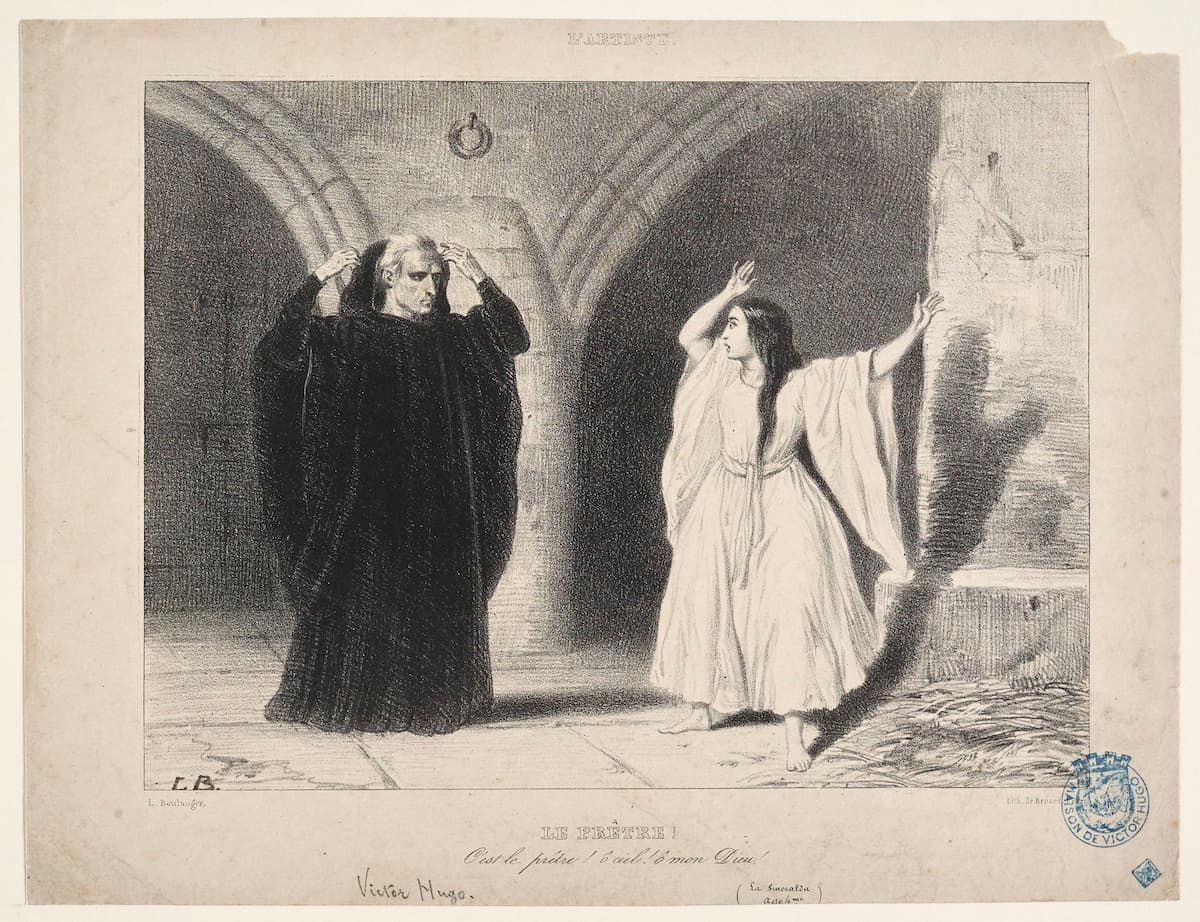On 20 June 2023, Christophe Rousset and “Les Talens Lyriques” premiered the recently rediscovered opera Fausto by Louise-Angélique Bertin (1805-1877). That exceptional setting by a recognized female composer and friend of Hector Berlioz had been lost except for a piano reduction. Sensationally, “Palazzetto Bru Zane” rediscovered the original orchestral score, and Christophe Rousset accepted the challenge of presenting the modern premiere in 2023.
Louise-Angélique Bertin

Louise-Angélique Bertin
Louise Bertin hailed from Les Roches, Essone, France, and her father Louis-François Bertin was editor of the influential newspaper Journal des débats. She grew up in a privileged environment but was sadly crippled by polio. Finding her escape in the arts, Bertin took vocal and composition lessons from François-Joseph Fétis, and received instruction in composition from Anton Reicha.
Bertin was the first woman of the 19th century to have an opera performed at the Opéra de Paris, and she was the only composer to work directly with Victor Hugo. And, she was the first French composer to set Goethe’s Faust, a project she started at the age of 21 setting her own French libretto, which was subsequently translated into Italian.
Louise Bertin: Le loup garou, “Le soleil dans la plaine”
Goethe’s Faust

Johann Wolfgang von Goethe
In 1808, Johann Wolfgang von Goethe (1749-1877) published the first part of his tragedy Faust. He completed Part Two of Faust shortly before his death in 1832, and the play immediately caught the attention of composers. Goethe provides a concentration of Romantic themes, including the “quest for an inaccessible ideal, the figure of the eternal feminine, madness, the folk tone, and supernatural scenes.”
The plot unfolds in a non-linear fashion, intertwining humorous episodes, mythological references, and metaphysical reflection. But maybe most important is the fact that music plays a dominant role in the play, with songs and choruses scattered throughout both parts. Goethe had fragmented the text and inserted musical settings, and composers followed course. Initially, the play inspired roughly one hundred isolated lieder by German composers, but the first Faust operas based on Goethe emerged in France.
Bertin’s Faust

Berlioz’s Les nuits d’été dedicated to Louise Bertin
Bertin’s reworking of the text “softens Fausto’s character.” He is still corrupted by temptation, but eventually transformed into a tragic hero with a conscience.
Fausto falls in love with Marguerite in the second scene of the opera, before his meeting with Mefisto and his pact with the devil. “The signing of the contract is moved, as in Berlioz’s La Damnation de Faust, to the final act of the opera and becomes the sine qua non for saving Marguerite. Manipulated by a force beyond his control, Bertin’s Fausto sacrifices himself to save the woman he loves.”
The premiere performance was scheduled for 1830, but the July Revolution of 1830 intervened, and it was first staged at the Théâtre-Italien in Paris on 7 March 1831. Since the season at the Théâtre-Italien traditionally ended in March, Bertin’s opera only had three performances.
Louise Bertin: La Esmeralda, “Excerpts”
Reception of Fausto
Fausto was well received with a critic writing, “a woman was not afraid to undertake this difficult work and it is not without astonishment that connoisseurs have heard graceful pieces, religious songs, choirs of sorcerers and demons treated in a very remarkable way… I propose to give a detailed account of this composition where happy inspirations abound, where one finds vigor of style hitherto unexampled in a female author… The piece was constantly applauded… and produced the liveliest impression on the audience.”
While Bertin’s gender became the focal point for many critics, her musical setting was also closely scrutinized. A critic wrote, “A few applause do not give merit to a mediocre work… The sounds produced… were heard in succession with a certain irregularity; that the accents put by the composer in the mouths of the characters had a great affinity with the work of the orchestra and that the work as a whole presented a rather incoherent mixture of rare singing phrases of modulations without determined aim, rhythms randomly confused, all dominated by a general feeling of youthful inexperience.”
And the critic continues, “The enterprise was bold and deserves more than encouragement. The young muse can adorn her forehead with a crown that only she will wear among her companions. Before this garland fades, Miss *** will, I hope, know how to weave another one and mix some everlasting flowers in it.”

Scene from “La Esmeralda”, engraving by Louis Candide Boulanger published in L’Artiste © Paris Musées / Maisons de Victor Hugo Paris-Guernesey
Bertin did weave another opera in collaboration with Victor Hugo. La Esmeralda premiered in 1836 at the Académie Royale de Musique, but the “violent reactions against this grand opéra led her to abandon her operatic career and devote herself to poetry.” As for Fausto, I am sure that we are all very much looking forward to the recording to be issued on the “Palazzetto Bru Zane” label.
For more of the best in classical music, sign up for our E-Newsletter



